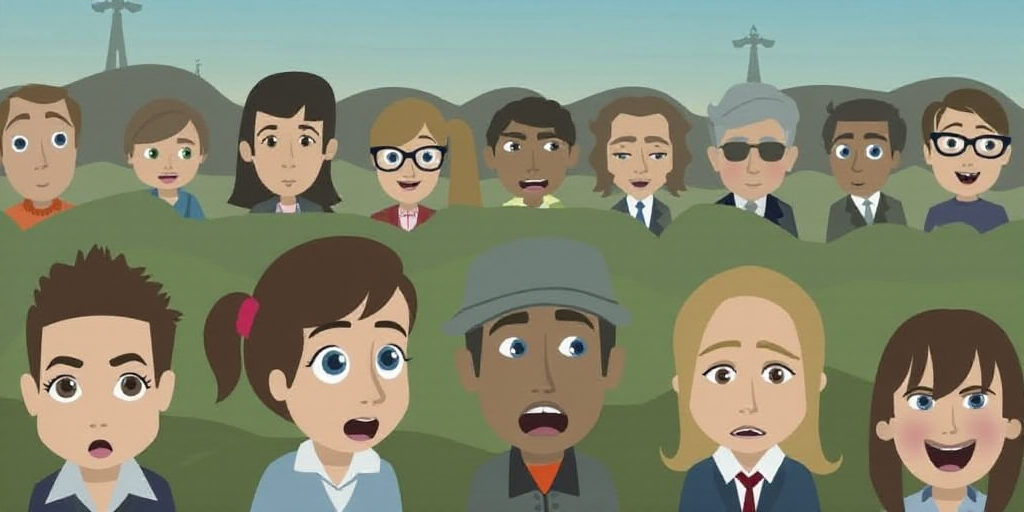Introduction
In Mexico and other countries, the official discourse proclaims that “children are the future.” However, these words ring hollow when faced with state interests, pragmatism, and efficiency dictating budgets and political decisions in a world where ethics and empathy have been lost. As moral emptiness pervades policies of death, and authoritarian governments and greedy billionaires seek power, questioning the future means asking what kind of future we are building for those yet to be born and for upcoming generations.
Children as the Future: A Grim Reality
If children are indeed the future, and we place our hope for change in them, the reality for most children worldwide is bleak. The danger does not lie solely in immediate annihilation of large or small human sectors, but in the devaluation of human life that takes subtle, slow forms, with effects visible only years later when it’s too late.
- Numerous deaths, preventable with financial aid, have occurred due to budget cuts imposed by the political-technocratic elite governing the United States.
- The disappearance of USAID implies not only the elimination of democracy support programs but also the sudden halt in urgent food supply for populations ravaged by famine in Ethiopia, Sudan, and other African countries.
- Health programs offering prenatal care, child vaccinations, and HIV/AIDS prevention and treatment have also been dismantled.
According to estimates, half of those who die from starvation globally are infants or young children (NYT, 30. VI.25). In Sudan, where millions relied on international humanitarian assistance—especially USAID—famine and disease are wreaking havoc without funds, personnel, or support.
Economic Necropolitics: A Global Concern
The senselessness of this economic necropolitics becomes even more apparent when considering that budget cuts for children and adolescents in precarious conditions will also affect the United States, where millions of low-income families have relied on food vouchers or school-distributed meals to survive. Disregarding the health and sustenance of their most vulnerable populations to lower taxes for the ultra-wealthy reinforces a cruel policy characteristic of the new government.
A Desolate Future for Children
The outlook for children is disheartening. Europe, too, is reducing humanitarian aid funds, and the United Nations contemplates cost-cutting measures, which will inevitably lead to trimming programs. Amidst the ongoing drain on education sectors in many Western countries, immediate priorities favor the militarization of the EU at the expense of the already diminished Welfare State, while climate change presents pressing challenges.
- In Mexico, citizens have grown accustomed to militarization, budget cuts in healthcare and education, and the degradation of public services.
- Shortages of cancer medications for children, reduced vaccination coverage, and an overburdened deficient healthcare system have affected millions.
Losing the present is serious, but piercing the future of childhood is cruel and criminal. It’s up to us, the citizenry, to act now and change these policies.
Key Questions and Answers
- What does the official discourse say about children? Children are proclaimed as the future in Mexico and other countries.
- Why is the reality for many children grim? Despite official rhetoric, children face devaluation of life through slow, subtle means resulting in preventable deaths.
- What are the consequences of economic necropolitics? Budget cuts for children’s health and food assistance programs have led to numerous preventable deaths globally.
- How does the situation affect children in the United States? Low-income families rely on food vouchers or school meals, which may be threatened by budget cuts.
- What challenges do children face worldwide? Militarization, underfunded education systems, and climate change pose significant threats to children’s well-being.
- What can be done to improve the situation? Citizens must act to change policies that endanger children’s present and future.






